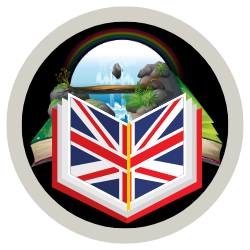Household chores are tasks that we do to keep our home tidy. In this English vocabulary lesson, we will learn the names of common household chores in English with pictures to help you memorise them easily. After this lesson, you will be able to talk about them with your friends.
List of common household chores
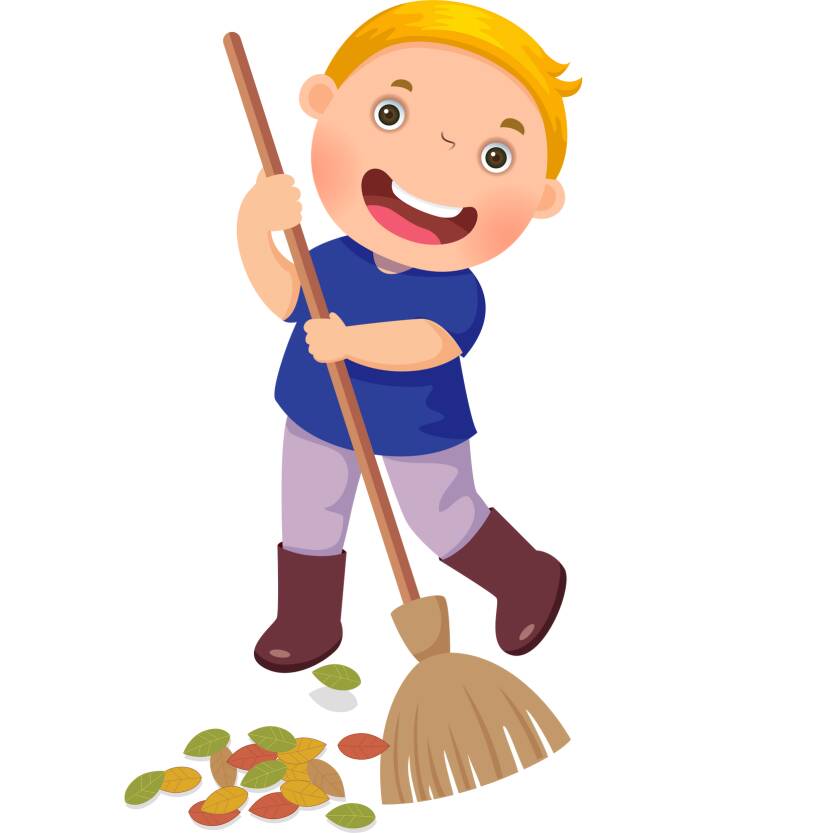
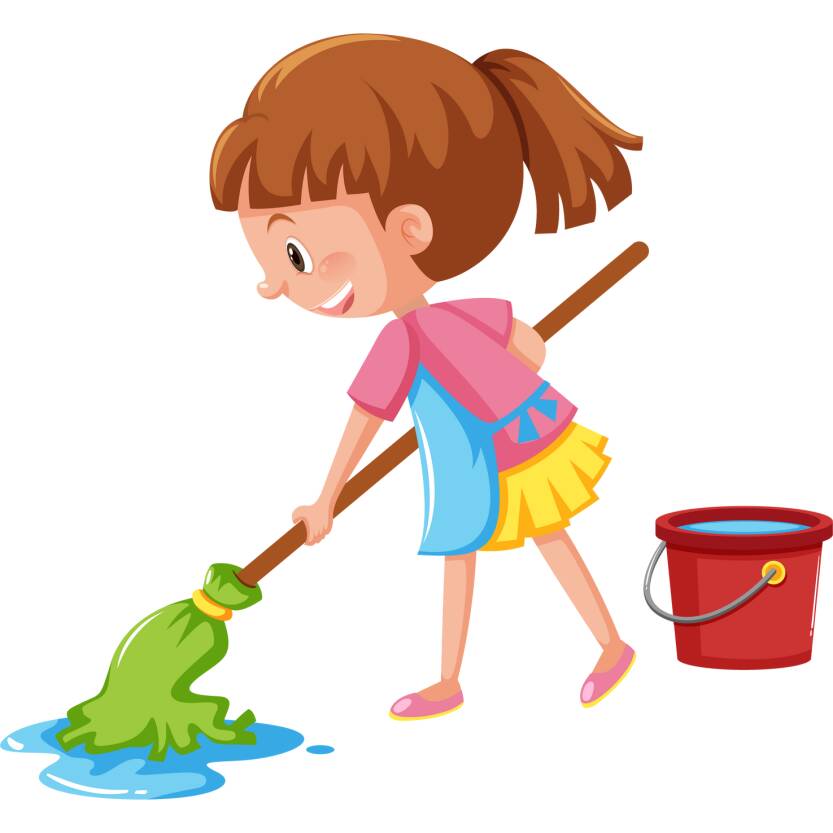
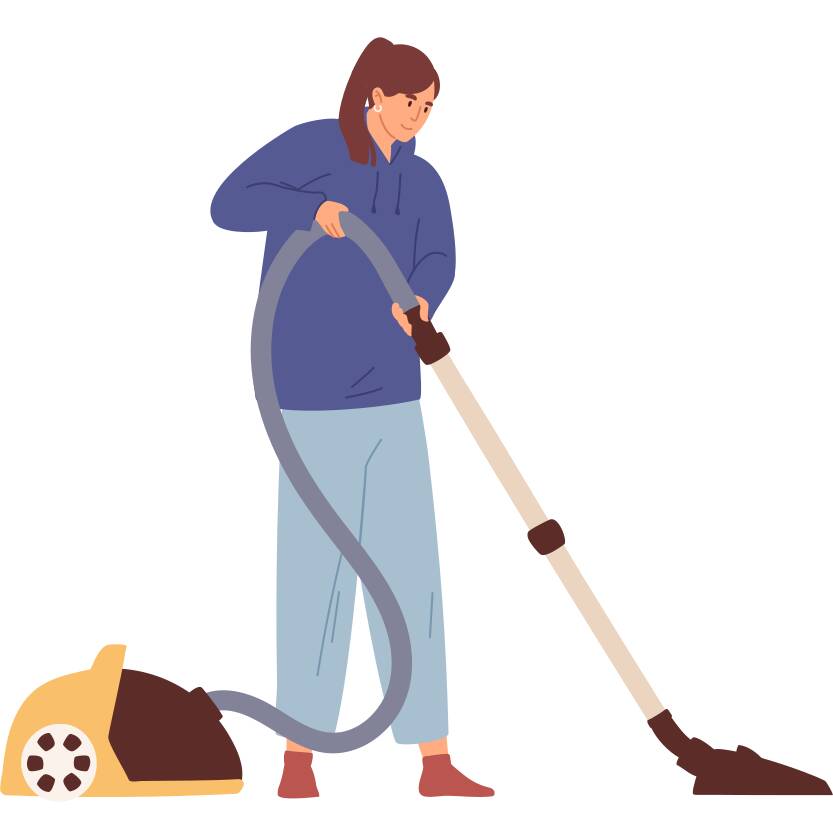
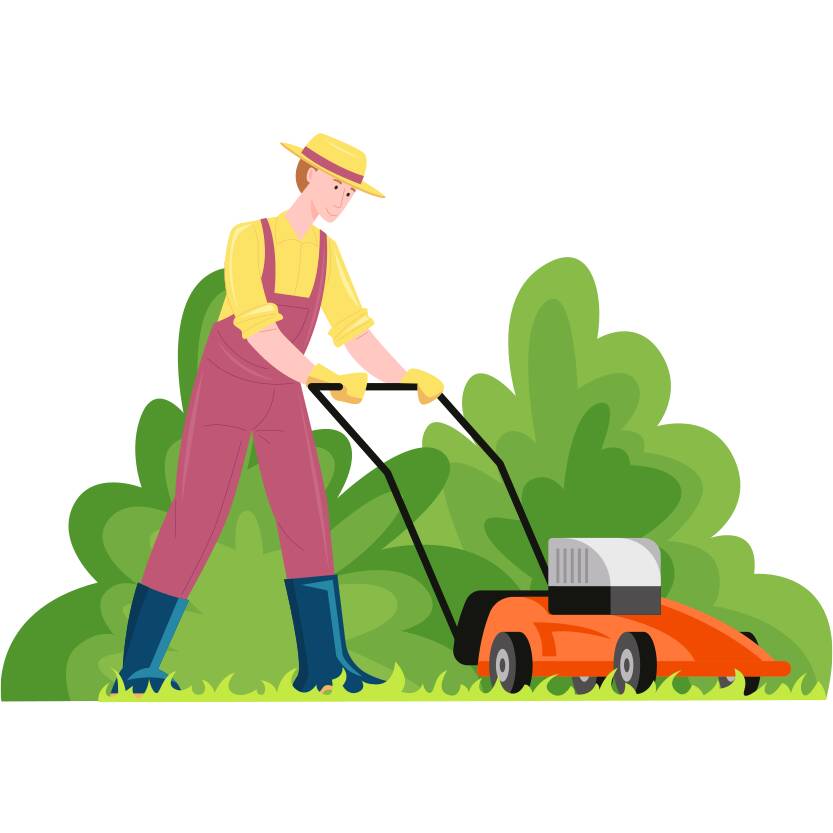
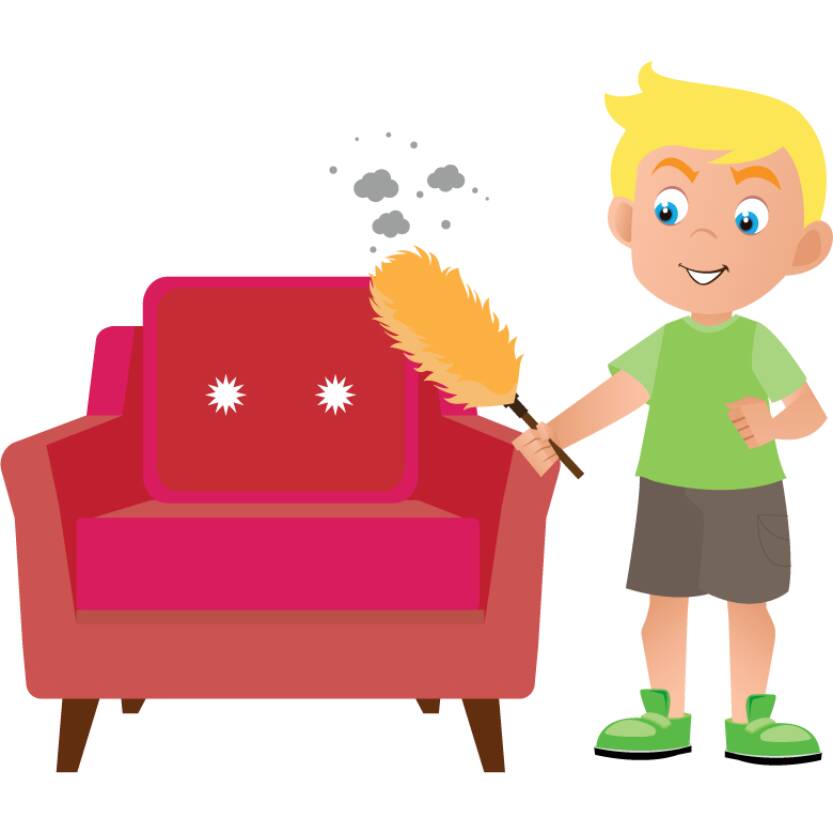
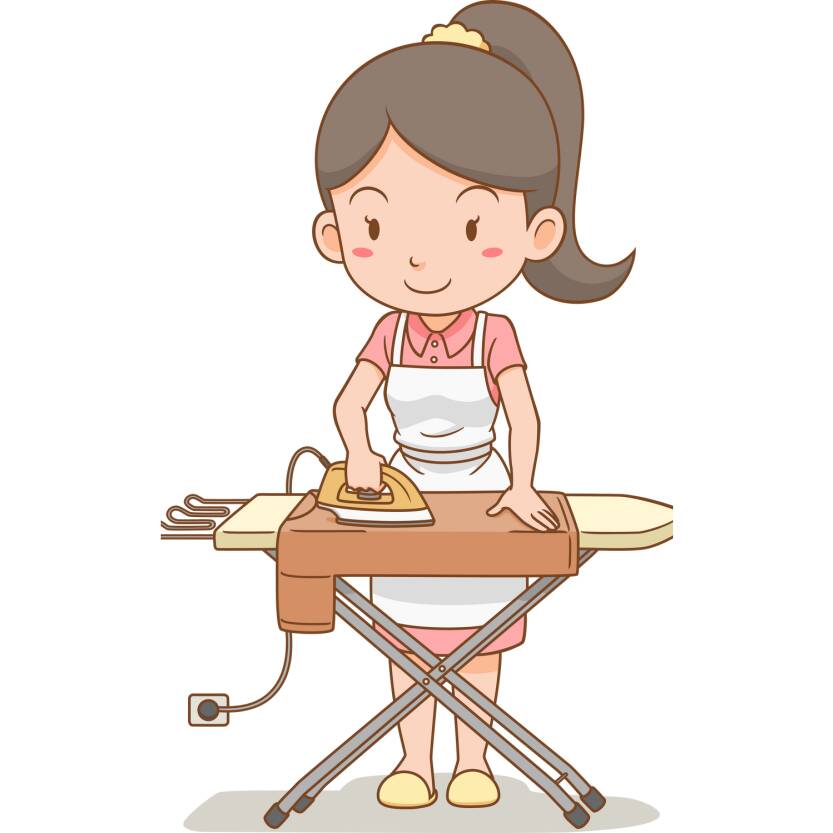
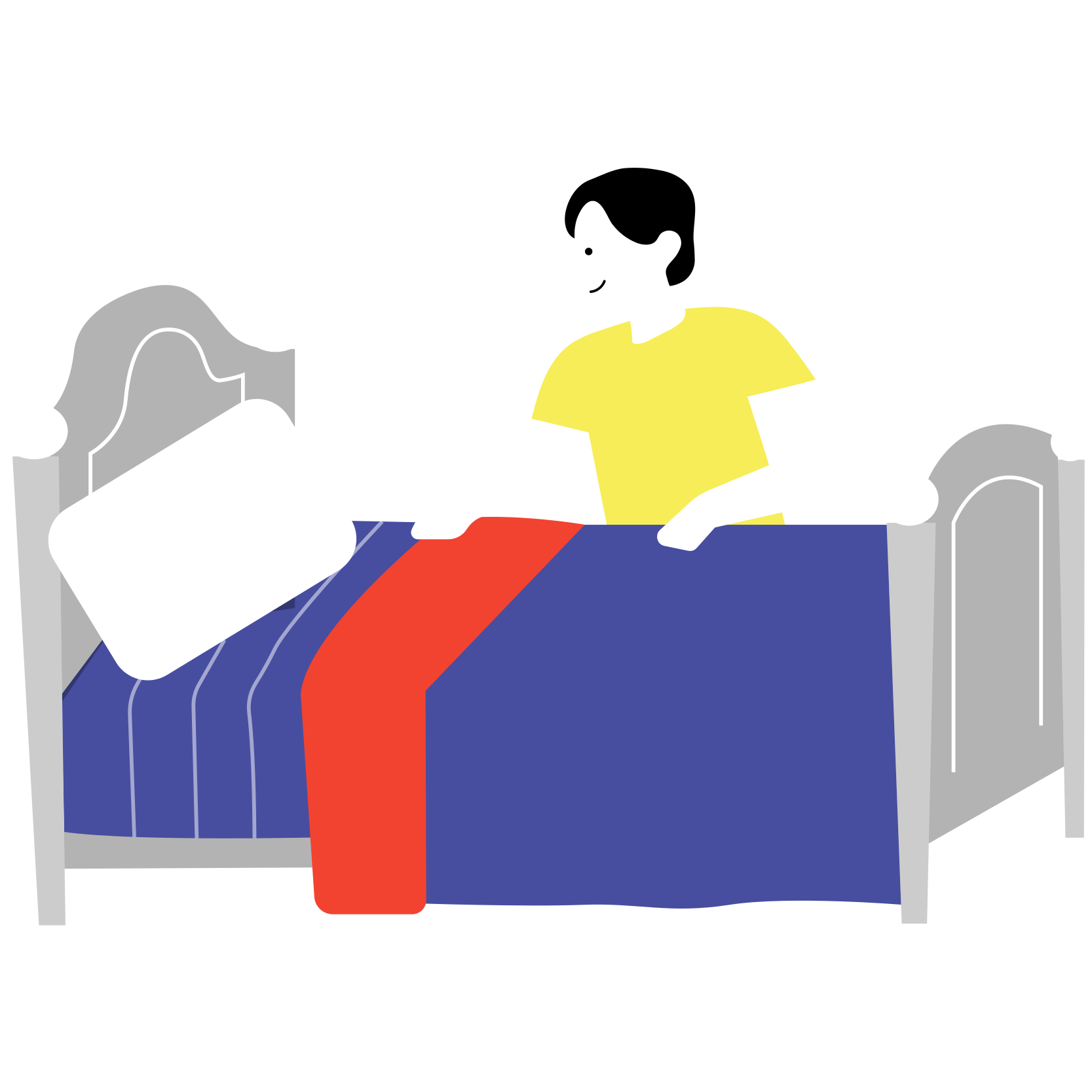
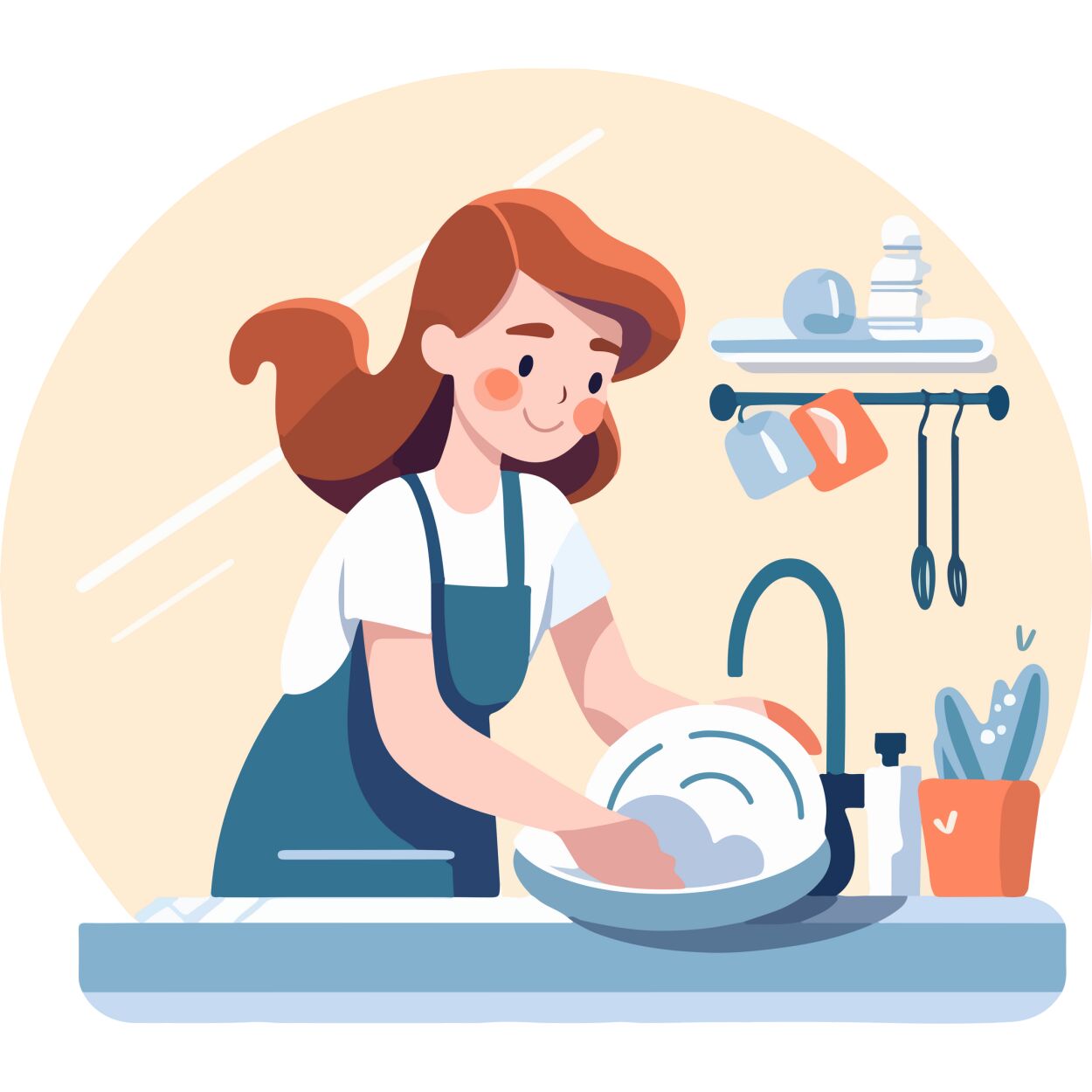
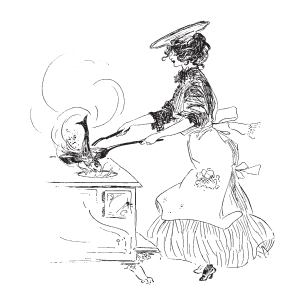
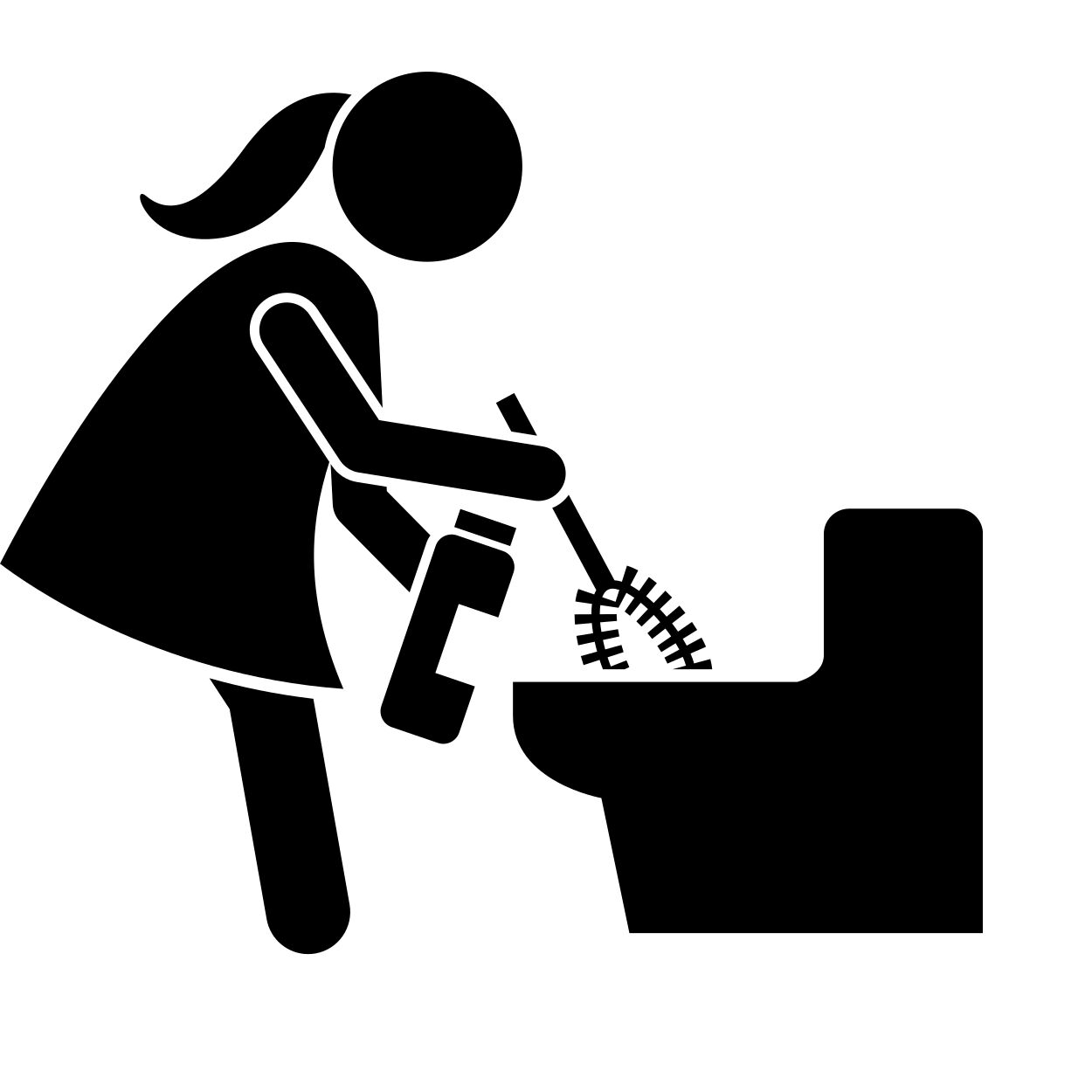
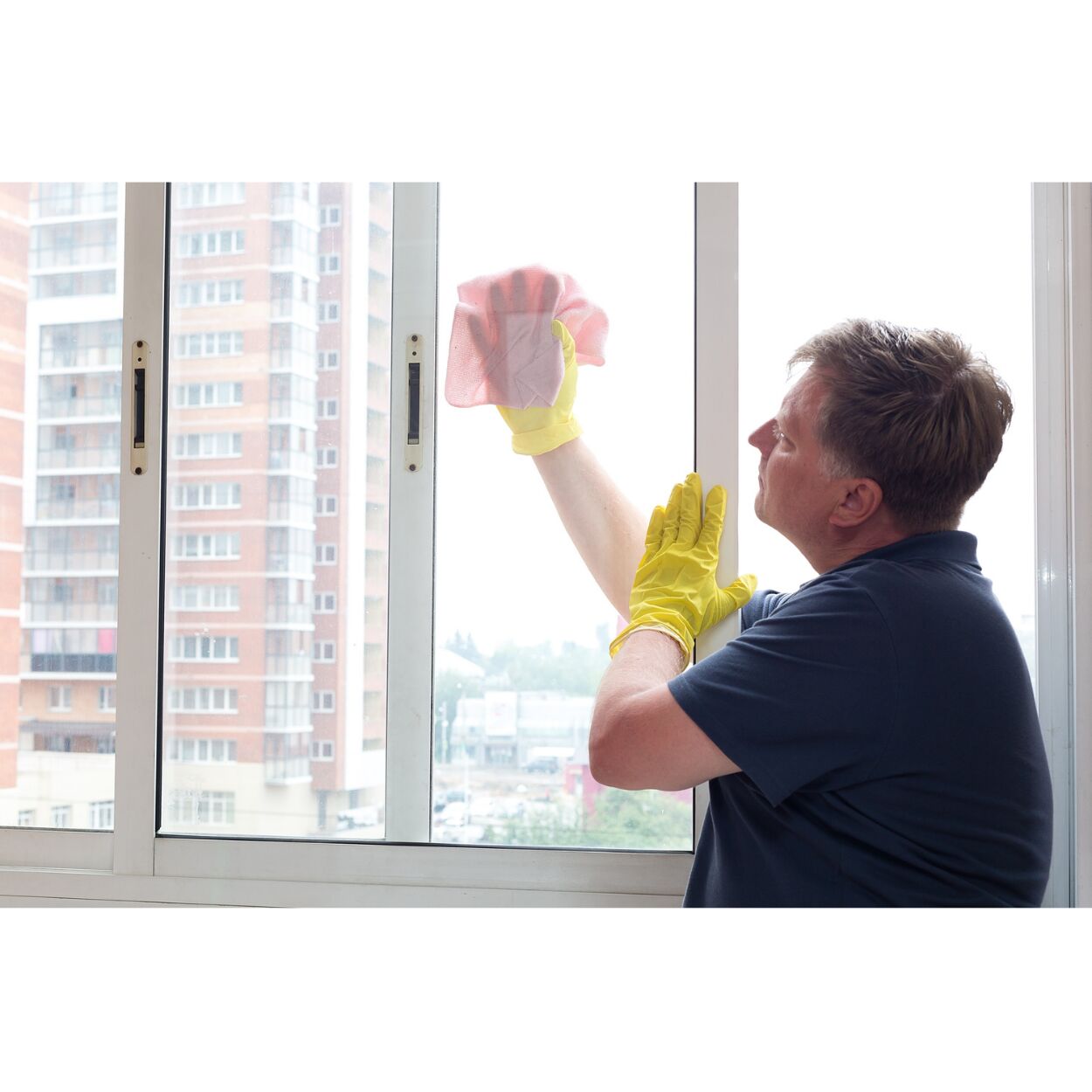
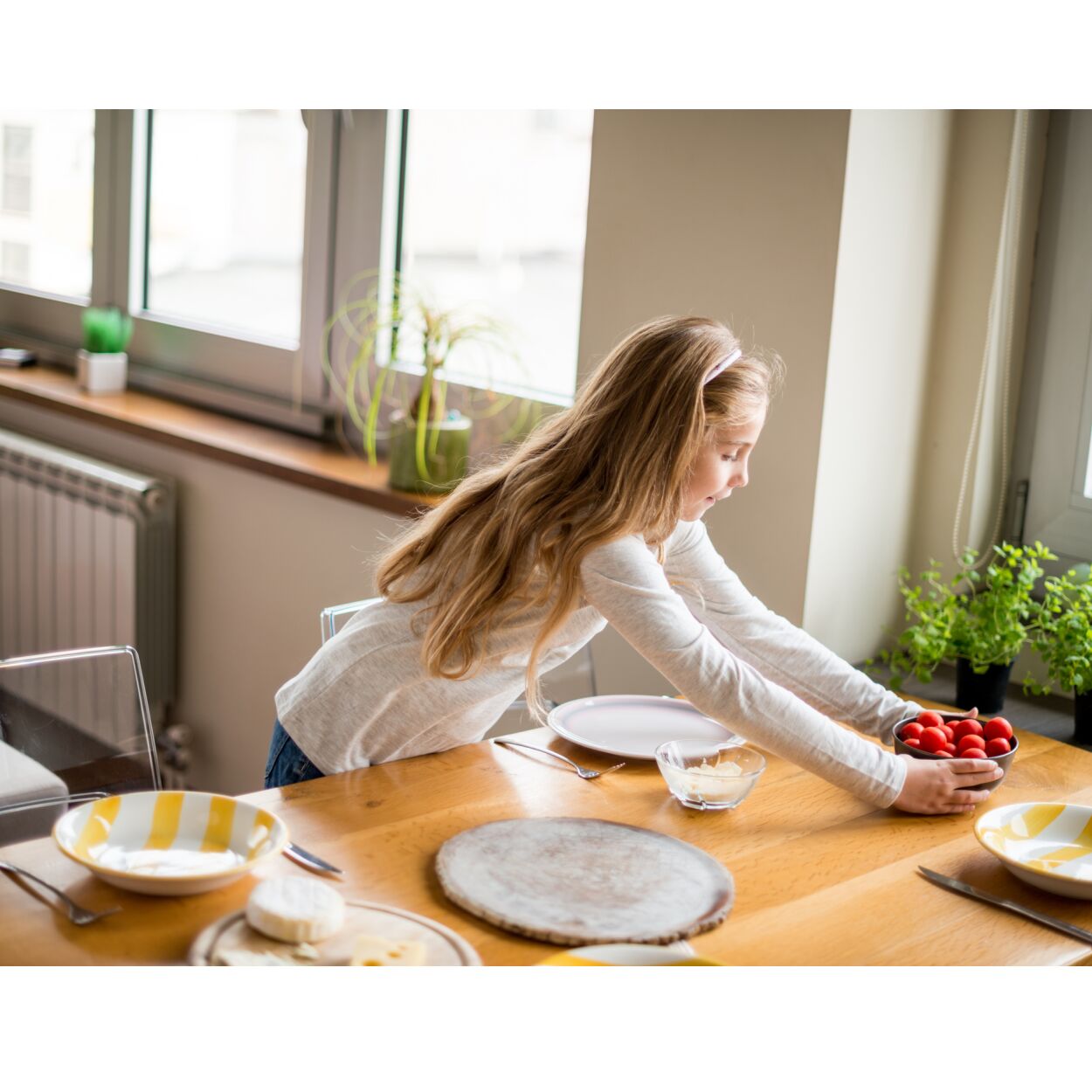

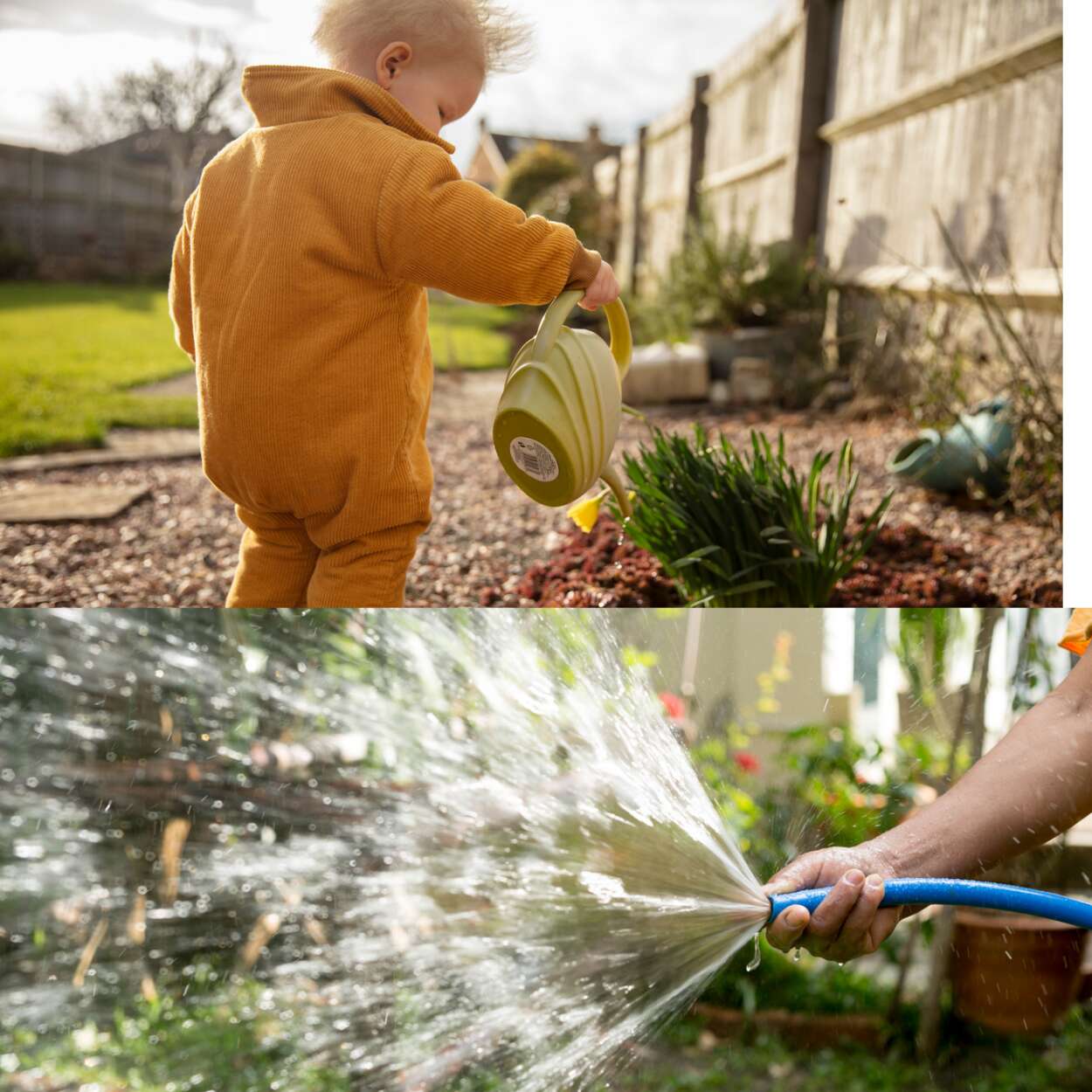
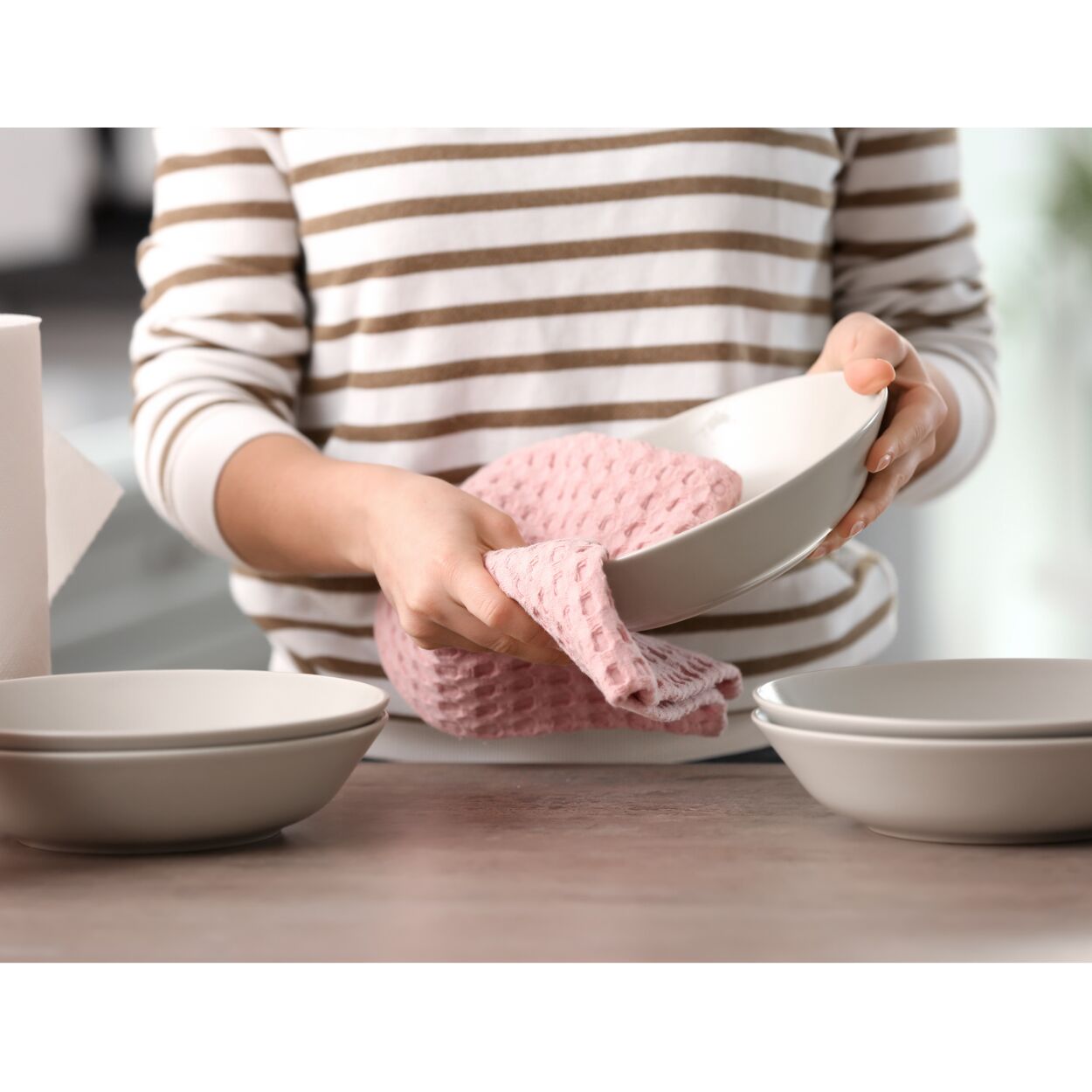
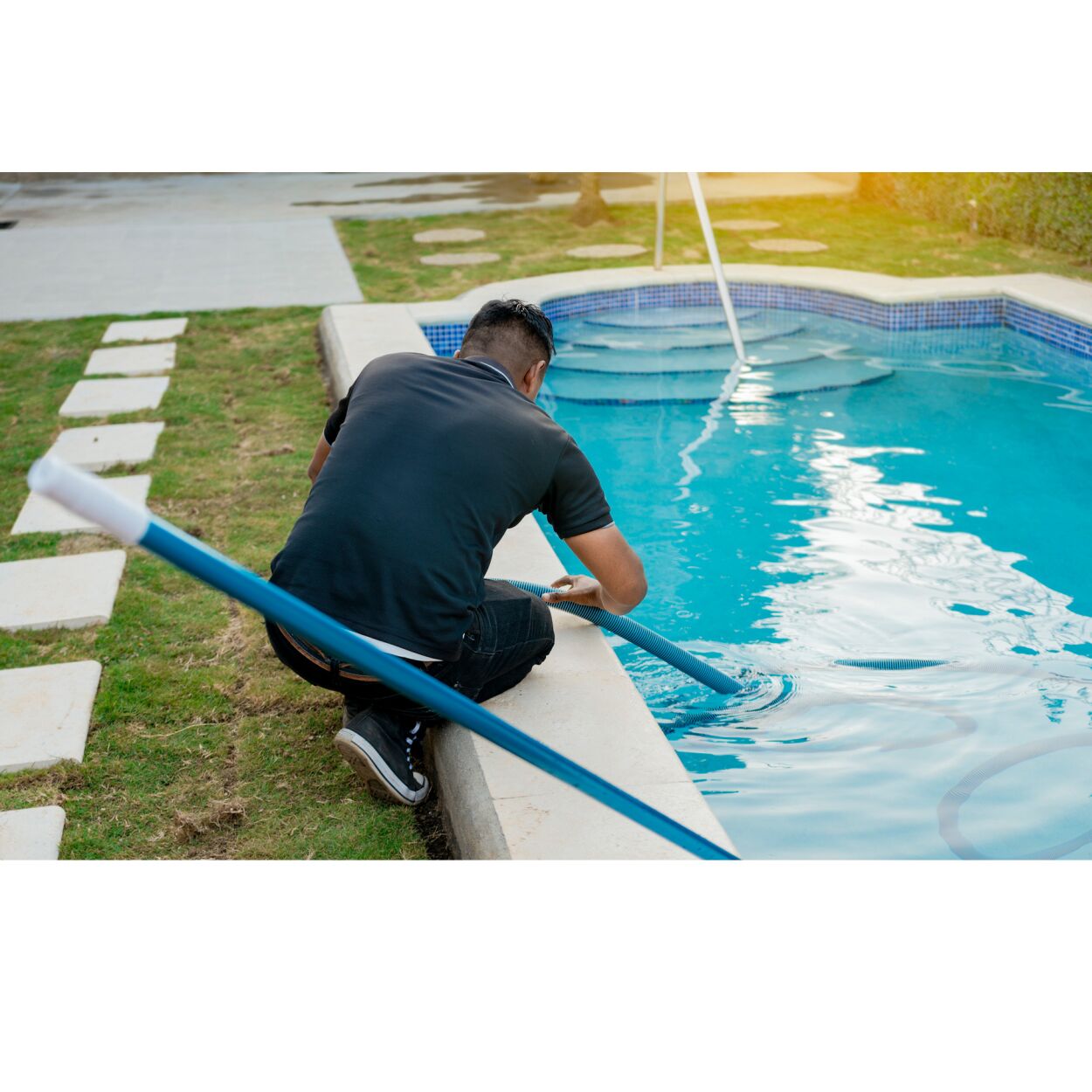

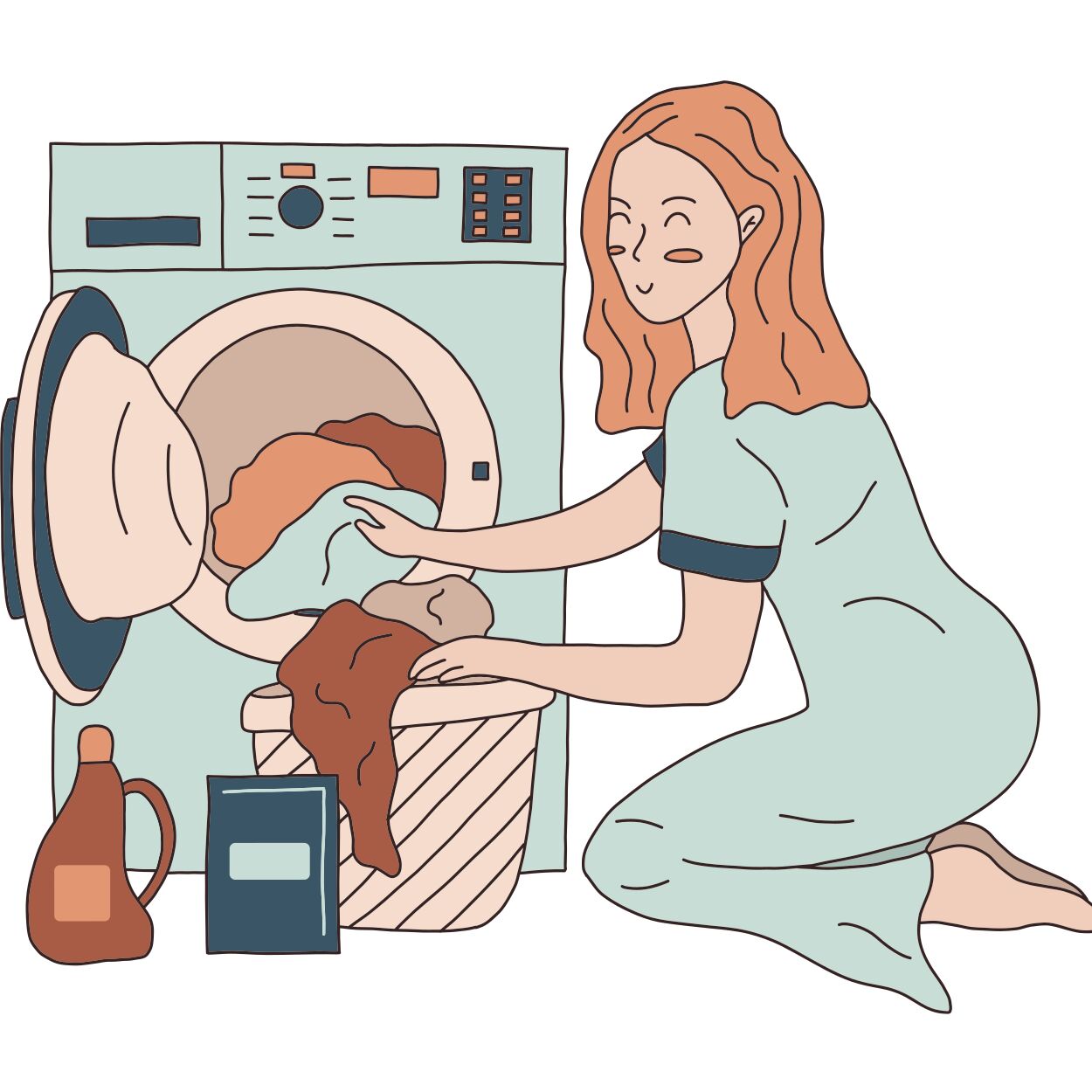
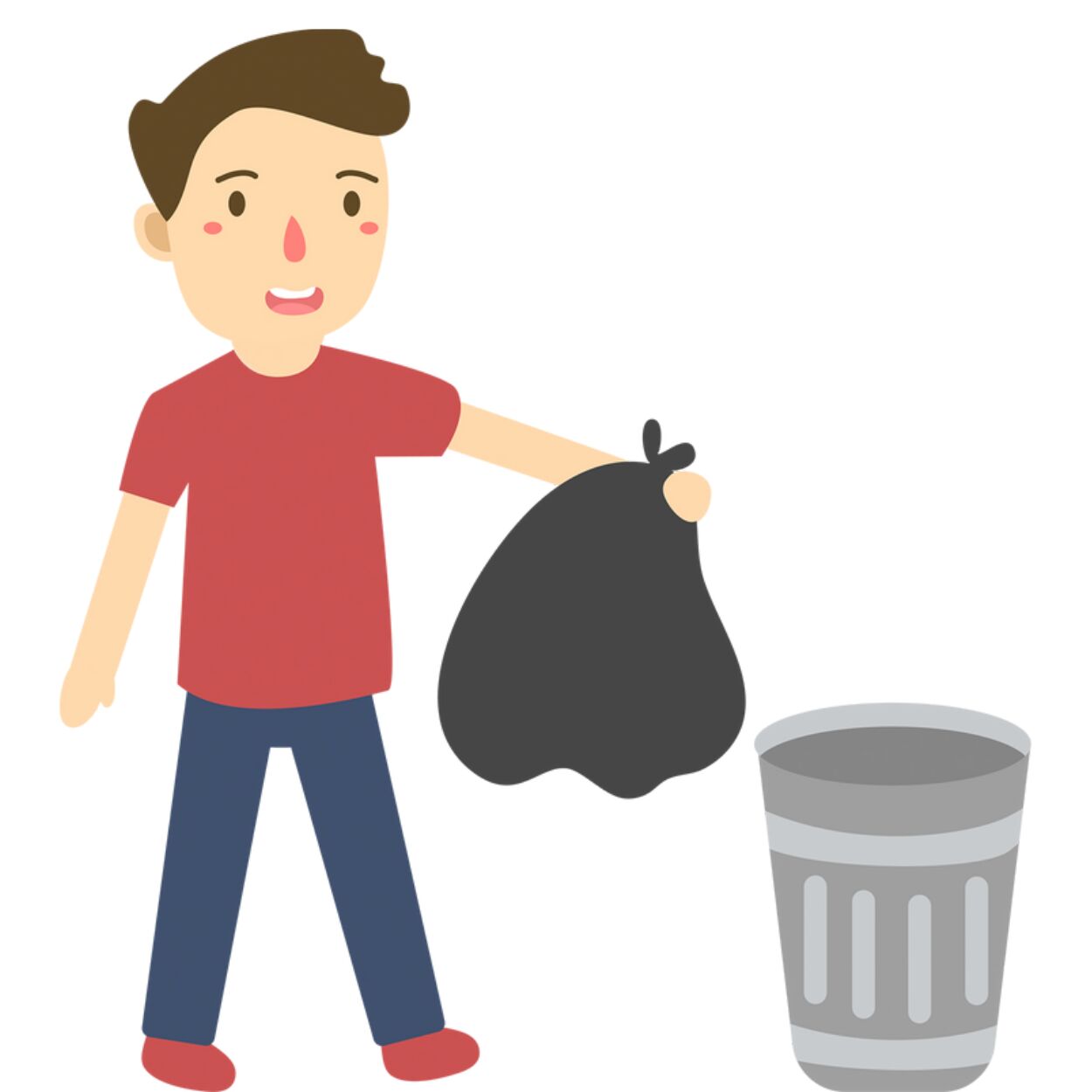
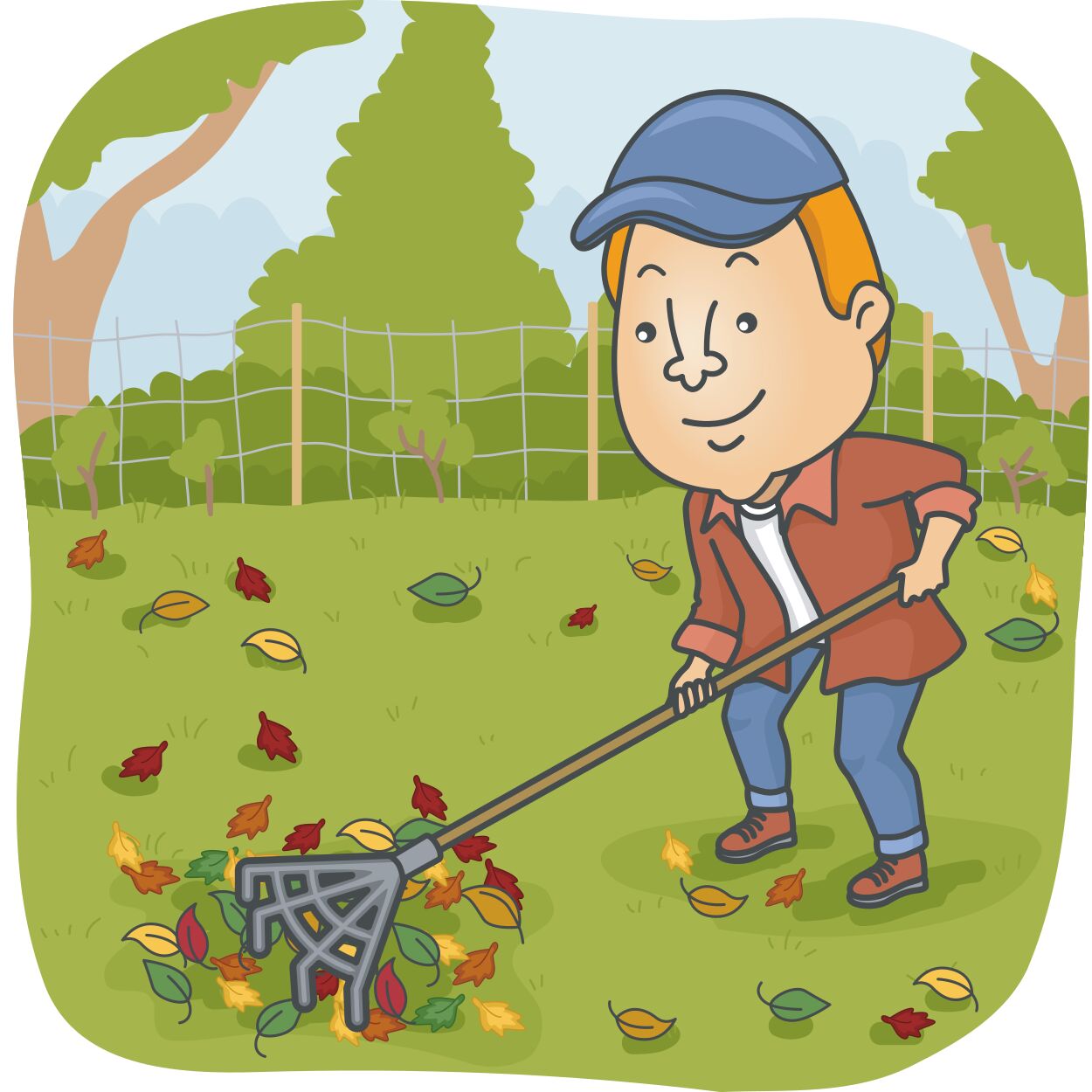

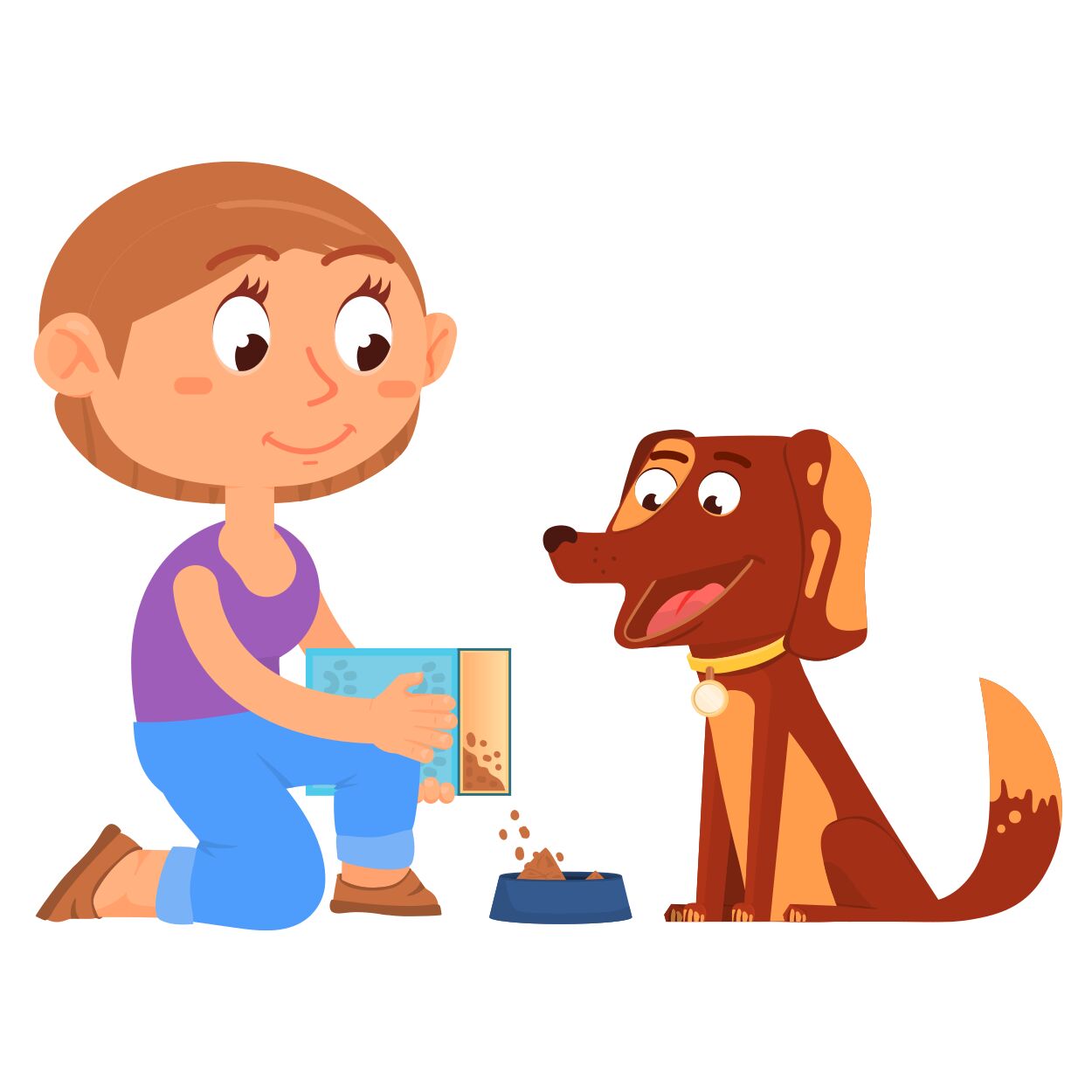
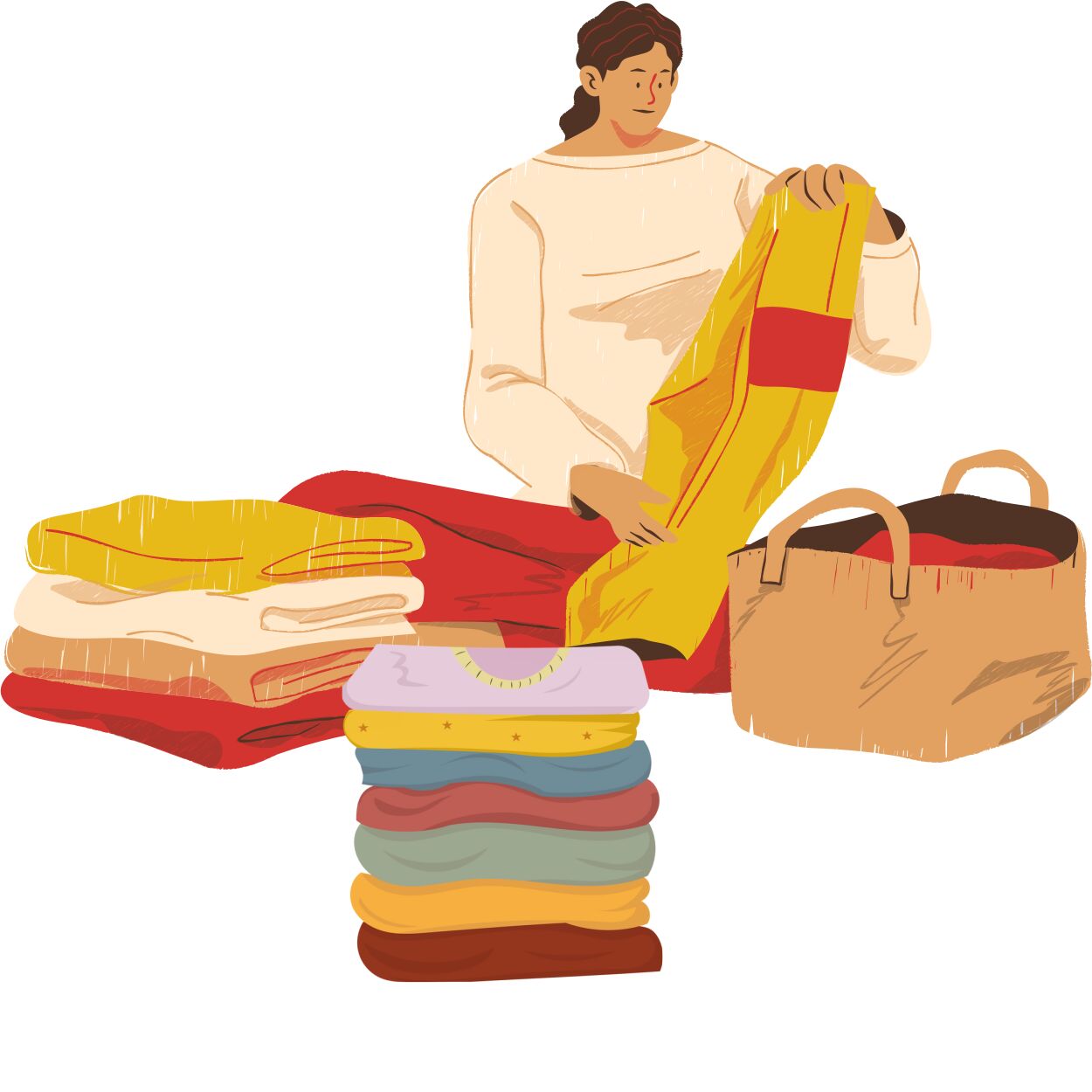
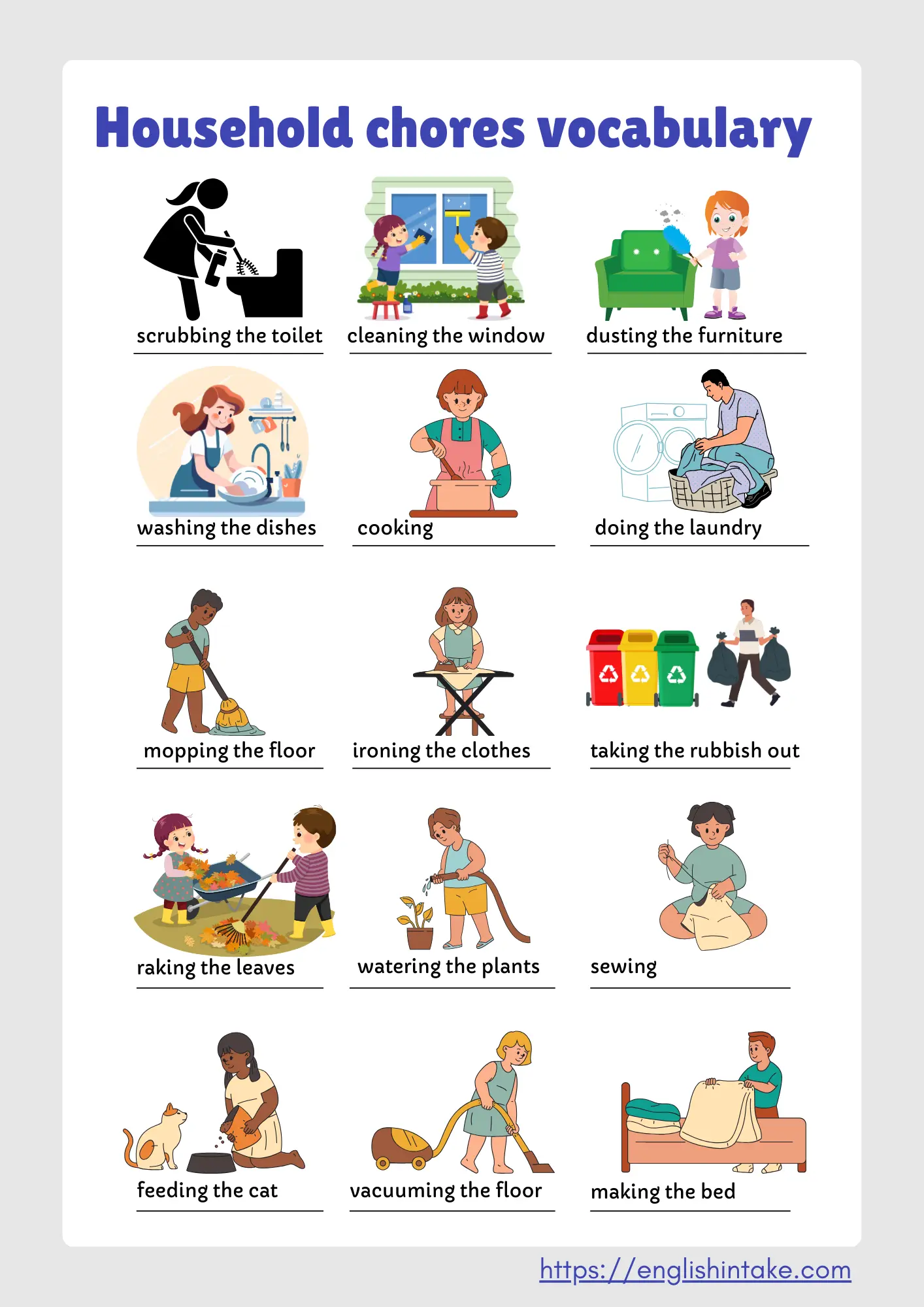
In the next lesson, we will learn how to use these vocabularies in sentences.
How to talk about your domestic tasks?
| Vocabulary | Sentence |
|---|---|
| Sweep | I usually sweep my living room before going to school. |
| Mop | Can you mop the spilled milk on the floor? |
| Vacuum | I vacuum the carpets every Saturday to keep the amount of dust low. |
| Mow | During summer, I mow the lawn every two weeks. |
| Dust | I dust the furniture regularly to avoid allergies. |
| Iron | I always iron my clothes to look tidy. |
| Make the bed | I start my day positively by making the bed every morning. |
| Wash dishes | After meals, we wash dishes to keep the kitchen tidy. |
| Cook | On weekends, I love to cook special meals for my family. |
| Scrub | Once a month, I scrub the bathroom tiles to maintain their shine. |
| Clean windows | I clean the windows regularly to have a clearer view and get more sunlight. |
| Set the table | Can you set the table before the guests arrive? |
| Clear the table | It’s everyone’s responsibility in our house to clear the table after meals. |
| Water plants | We use recycled water to water plants. |
| Dry dishes | Once washed, I like to dry dishes immediately to prevent water spots. |
| Clean the pool | Regularly cleaning the pool ensures it’s safe for swimming. |
| Water the garden | My sister was watering the garden when a snake suddenly showed up. |
| Do the laundry | I do the laundry every Wednesday and Sunday. |
| Take out rubbish | We take out the rubbish every day. |
| Rake leaves | When autumn comes, we rake leaves to keep our yard tidy. |
| Hang clothes | I prefer to hang clothes outside on a sunny day to give them a fresh scent. |
| Feed pets | Feeding pets at the same time every day helps maintain their routine. |
| Fold laundry | I often watch a movie while folding the laundry. |
What chores do you enjoy? Which ones don’t you like? Do you have any special ways to save water? What do you do to make the activities fun? Learn to talk about likes and dislikes while discussing these with your partners. Notice that we have used the present simple to talk about routines and habits.
While discussing with your partners, try to also include the household chores vocabulary that you have learned. Also check out our lesson on vegetables names in English and kitchen utensils. Here are some examples that you can use:
- I hate chopping onions. It makes me cry.
- I enjoy cooking with my wife.
- I don’t usually wear an apron when I’m cooking.
- I prefer to wash dishes manually rather than using a dishwasher.
- I usually use a knife to peel vegetables.
- We bake our own bread for breakfast.
- We usually cook rice for lunch.
